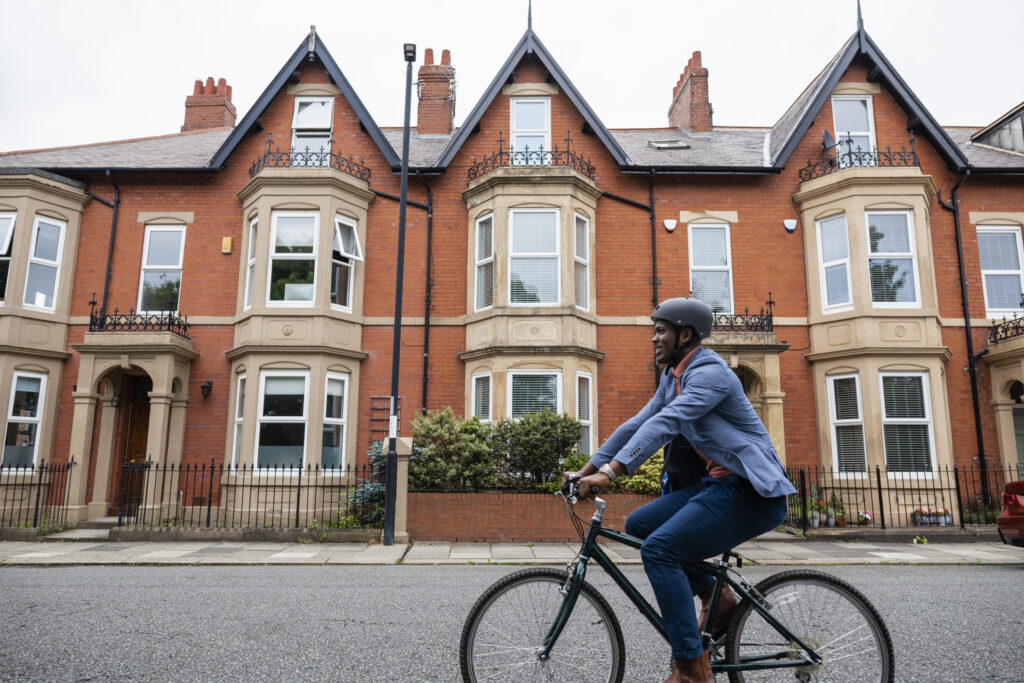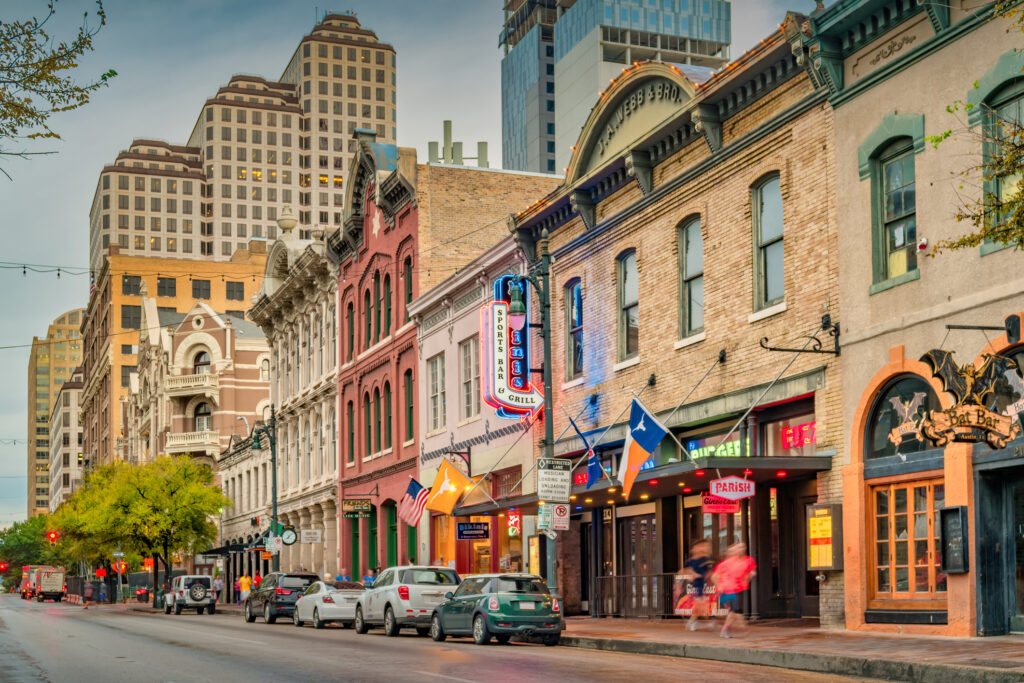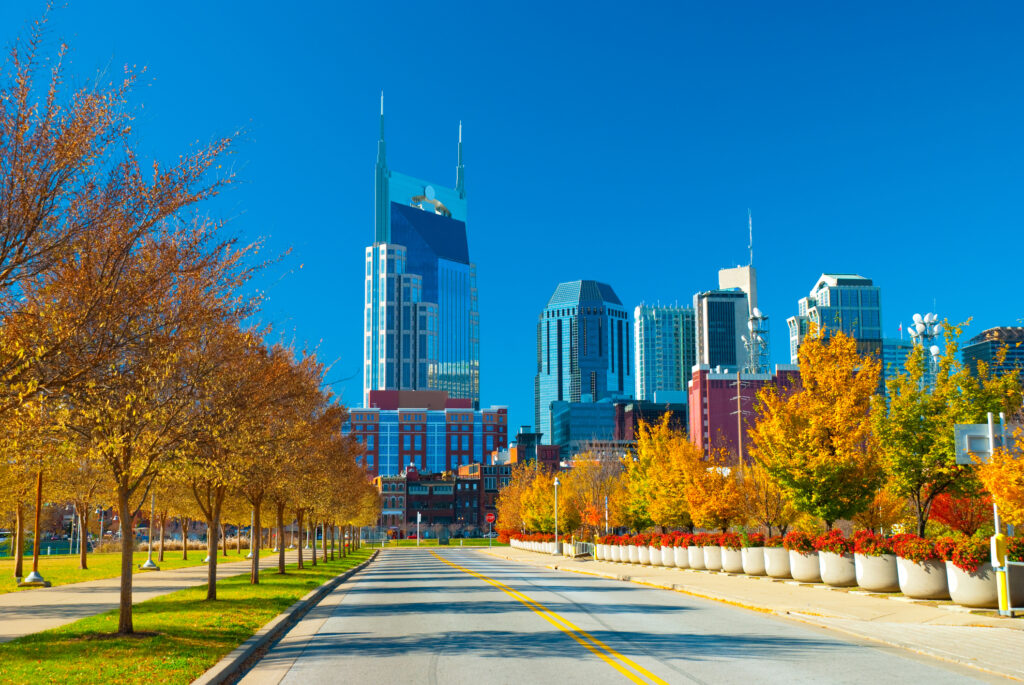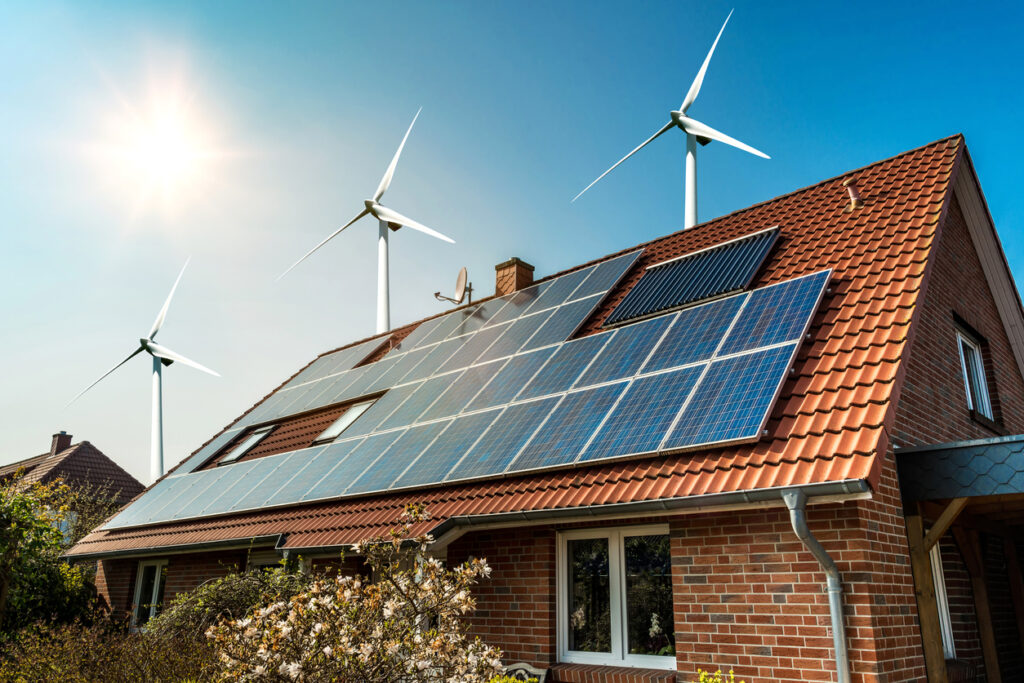
Carbon Neutrality Through Retrofitting Housing
With the election of their new Mayor in 2021, Boston, MA committed to a radical rethinking of their systems to begin addressing these issues through Boston’s Green New Deal. Under this plan, almost 80% of Boston’s buildings will need to undergo deep energy retrofits and decarbonization in order to meet... Read more

Disaster Recovery Centers For Resilient Communities In Oakland
Like many cities across America, the City of Oakland, CA is experiencing climate change in the form of historic droughts, record-breaking heat, and devastating wildfires that have taken lives, displaced community members, and stressed infrastructure. Oakland’s frontline communities have done the least to create the climate crisis, yet they are... Read more

Urgent Responses To Climate Impacts
The City of Oakland is working to mitigate climate change and build residents’ resilience through a variety of pathways, with an emphasis on the BIPOC and frontline communities who are most likely to experience the most frequent and severe disruptions under the status quo. In order to prevent the worst... Read more

Replacing Fossil Fuels In Buildings With Electric Alternatives
Serving 4 million businesses and residents in Los Angeles, the Los Angeles Department of Water and Power (LADWP) is the largest municipal water and power utility in America. A 2017 partnership with the National Renewable Energy Laboratory yielded the comprehensive LA100 study. The study analyzed potential community pathways to achieving... Read more

Disaster Recovery Centers For Resilient Communities In Austin
In the past decade, the City of Austin, TX has experienced climate change in the form of record-breaking heat, droughts, historic floods, severe winter storms, and devastating wildfires that have taken lives, displaced community members, and stressed infrastructure. In 2021, Austin’s City Council passed a Resolution to begin building a... Read more

Green Transportation For The World Cup & Beyond
In June 2022, FIFA (the international body that governs professional soccer) announced that Kansas City, MO would host the 2026 World Cup. Kansas City has four years to prepare for a large influx of visitors from around the world. A core component of the KC2026 bid was sustainability: they want... Read more

Building Resilience Across City Operations
In 2020, the City of Nashville and Davidson County (Metro) endured multiple disasters, including an EF3 tornado in early March, a derecho in May, and the Christmas Day bombing. All of this occurred during the Covid-19 pandemic, which had immediate negative effects on the Metro’s economy and public health. For... Read more

Energy, Equity, & Climate Agenda
In 2021, U.S. cities experienced twenty natural disasters that caused more than $1 billion in damage each. Man-made disasters (e.g., terrorism, power outages, cyber-attacks) also inflict severe damage. The City of Atlanta is working to mitigate climate change and build residents’ resilience through a variety of pathways, with an emphasis... Read more

Climate Resilient Healthcare Systems
King County is dedicated to building innovative and intersectional climate solutions that support community resilience and limit the climate burden on frontline communities. The County’s 2020 Strategic Climate Action Plan (SCAP), is a five-year plan for the County’s climate actions, integrating climate change into all areas of County operations. Under... Read more

Sustainable Land Use In Cemeteries
Durham’s segregated past resulted in the creation of two public cemeteries: Maplewood (historically white with identified Confederate graves) and Beechwood (historically Black). Beechwood is running out of space; with limited availability for traditional burials. Given the history of segregation and the generations of families that are already buried in Beechwood,... Read more
